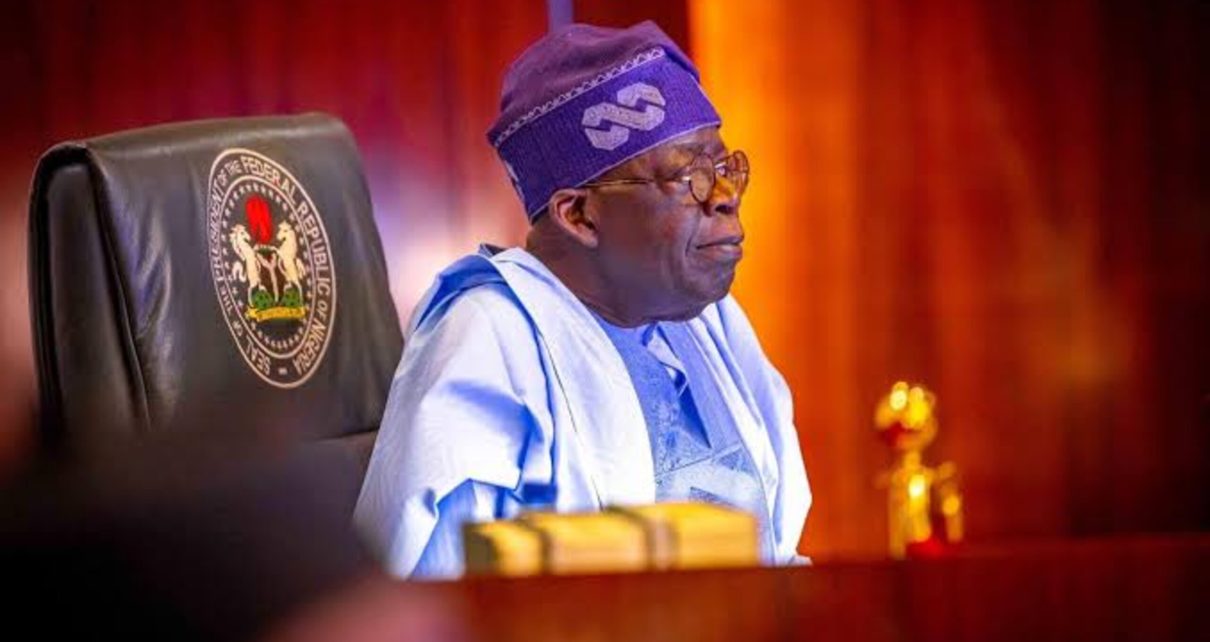President Bola Tinubu has decisively rejected the National Economic Council’s (NEC) recommendation to withdraw the proposed tax reform bills currently before the National Assembly. This decision underscores his commitment to allowing the legislative process to proceed, ensuring that necessary inputs and changes can be made without withdrawing the bills. “The legislative process, which has already begun, provides an opportunity for inputs and necessary changes without withdrawing the bills from the National Assembly,” President Tinubu stated.
Commending the NEC members, particularly Vice President Kashim Shettima and the 36 State Governors, for their advice, President Tinubu emphasized the value of further consultations and stakeholder engagement. “I welcome further consultations and engagement with key stakeholders to address any reservations about the bills,” he remarked.
The tax reform bills, developed by the Presidential Committee on Tax and Fiscal Policy Reform established in August 2023, aim to streamline Nigeria’s tax administration processes and align them with global best practices. The committee’s extensive work included inputs from various segments of society, including trade associations, professional bodies, government agencies, and the organized private sector.
The proposed reforms include four key bills:
- The Nigeria Tax Bill: Aims to eliminate multiple taxation and simplify tax obligations for businesses and individuals, making Nigeria’s economy more competitive.
- The Nigeria Tax Administration Bill (NTAB): Proposes new rules to harmonize tax administrative processes across federal, state, and local jurisdictions, easing compliance and enhancing revenue.
- The Nigeria Revenue Service (Establishment) Bill: Seeks to re-establish the Federal Inland Revenue Service (FIRS) as the Nigeria Revenue Service (NRS), reflecting its mandate as the national revenue agency.
- The Joint Revenue Board Establishment Bill: Proposes creating a Joint Revenue Board to replace the Joint Tax Board, covering federal and state tax authorities, and establishing the Office of Tax Ombudsman to protect taxpayers’ interests.
President Tinubu reiterated that the overarching objective of these reforms is to effectively coordinate federal, state, and local tax authorities, thereby eliminating overlapping responsibilities and inefficiencies. “The goal is to reposition the economy for better productivity and efficiency and make the operating environment for investment and businesses more conducive,” he stated.
The President’s stance highlights his commitment to a thorough legislative process and stakeholder engagement, ensuring that the tax reform bills are refined and improved through public hearings and legislative debate.


